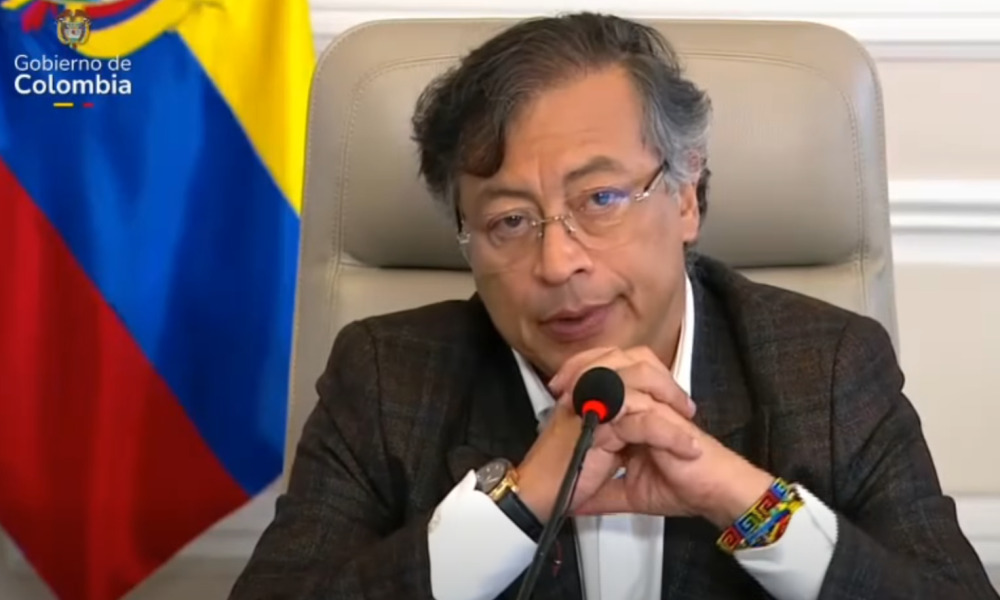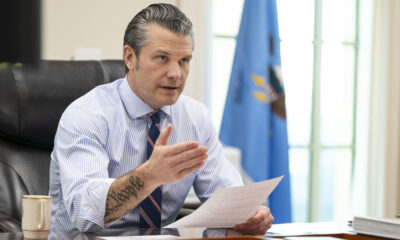Politics
U.S. says Colombia failed to meet drug control obligations under Petro

The United States has designated Colombia as having failed to meet its drug control obligations, citing record levels of coca cultivation and cocaine production under President Gustavo Petro, according to the State Department.
In a presidential determination released on Monday, the State Department said coca cultivation and cocaine output in Colombia have surged to all-time highs and accused Petro’s government of failing to meet even its own “vastly reduced” eradication goals. The department said the failure rests “solely with its political leadership.”
The determination noted that Colombia’s security institutions and local authorities continue to combat terrorist and criminal groups, but said Petro’s policies, including attempts to negotiate with armed groups, have exacerbated the crisis.
“It is U.S. policy that has failed,” Petro said in response to the designation. “To reduce coca leaf cultivation, what is needed is not glyphosate sprayed from planes, but rather a decrease in demand for cocaine, fundamentally in the United States and Europe.”
The designation, known in Spanish as “descertificación,” does not automatically trigger sanctions but can limit access to certain forms of U.S. assistance unless the president determines it is in the U.S. national interest to continue such support.
The State Department said it will reconsider the designation if Colombia takes more aggressive action to eradicate coca, reduce cocaine production, and hold criminal leaders accountable through stronger cooperation with U.S. authorities.

-

 Politics1 week ago
Politics1 week agoSenate reaches deal to end record shutdown – CNN
-

 Politics12 hours ago
Politics12 hours agoU.S. to designate Maduro-linked Cartel de los Soles as terrorist organization
-

 World4 days ago
World4 days agoU.S. begins Operation Southern Spear against “narco-terrorists” in the Western Hemisphere
-

 Health10 hours ago
Health10 hours agoCambodia reports fatal H5N1 bird flu case in 22-year-old man
-

 Legal4 days ago
Legal4 days agoImprovised explosive device detonates outside Las Vegas restaurant; no injuries
-

 World5 days ago
World5 days agoNationwide power outage hits Dominican Republic
-

 World1 week ago
World1 week agoDozens injured in train collision near Bratislava, Slovakia
-

 Legal4 days ago
Legal4 days agoWashington cold case solved after 28 years; suspect identified in 1997 murder


